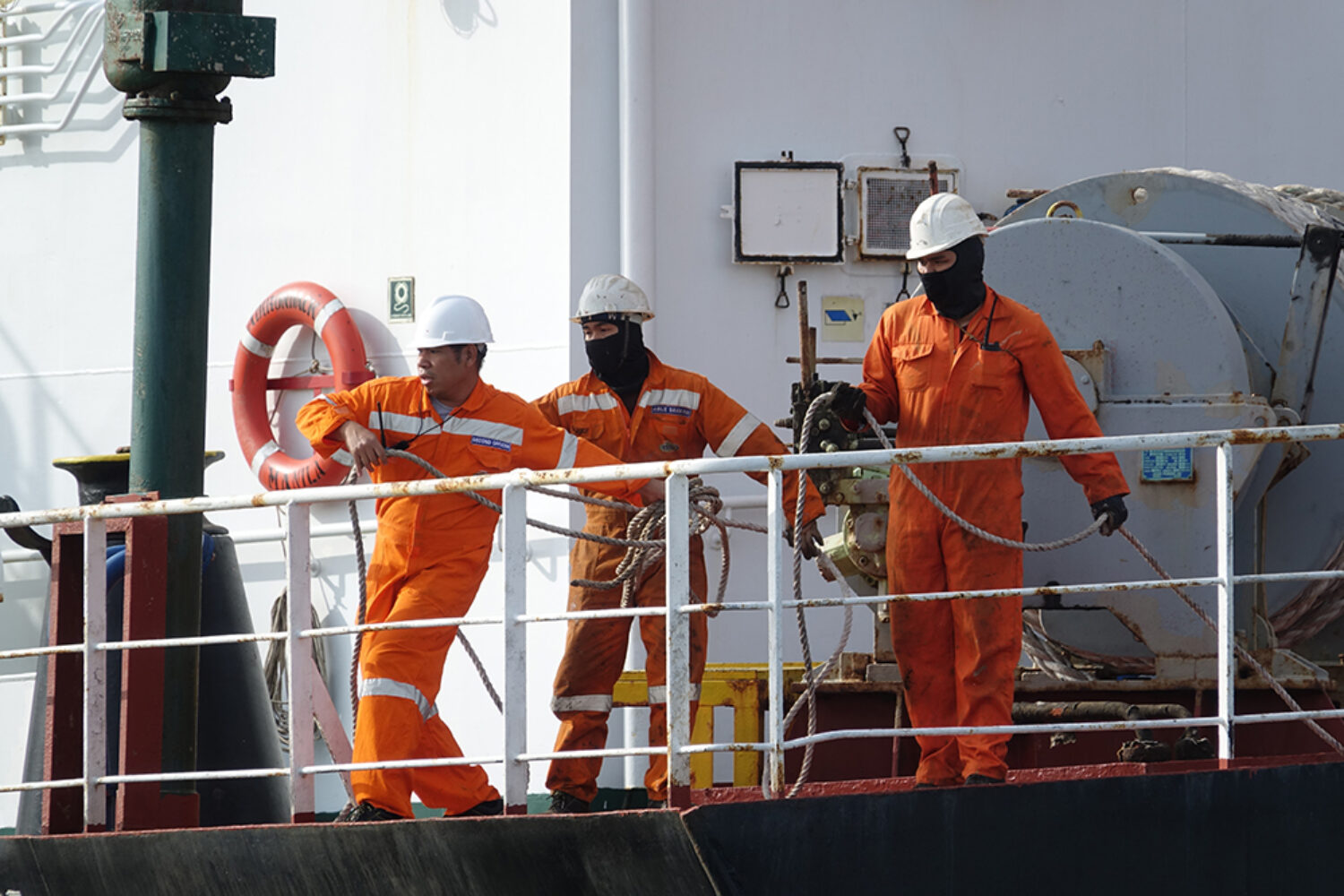Every year on 25 June, the International Maritime Organization (IMO) calls for the International Day of Seafarers.
This year’s theme is “My Harassment-Free Ship” – a call for respect, safety and a working environment free from harassment or discrimination. Gaby Bornheim, President of the German Shipowners’ Association (VDR), praises the many areas of the industry in which these values are already practiced – but also sees a need to catch up.
“Seafarers do an extraordinary job. Without them, neither global trade nor the supply of raw materials, commodities or energy to the world would be conceivable,” says Gaby Bornheim. “This service deserves respect, but also requires framework conditions that guarantee fairness, safety and dignity.”
According to the VDR, with this year’s “My Harassment-Free Ship“ campaign, the IMO is highlighting a less visible but extremely important issue: bullying, discrimination and sexual harassment. Studies show that such incidents can occur not only in industrial companies on land, but unfortunately also on board merchant ships. The aim of the international initiative is therefore to promote a climate on ships in which mutual respect is a matter of course and harassment has no place.
VDR President: “Work at sea must never be degrading”
“Everyone has the right to a safe, respectful and supportive environment, including on our merchant ships,” Bornheim continued. “The vast majority of people in our industry already live by these values. This makes it all the more important that we take a clear stance together – where there is still some catching up to do.”

On an interactive platform, the IMO presents examples of good practice, refers to support services offered by the flag states and provides information on reporting channels and protection mechanisms.
“Work at sea is international, technically demanding and unique – it requires skill, responsibility and team spirit,” said the VDR President. “But it must never be degrading or unsafe. The ‘My Harassment-Free Ship’ campaign is an important signal – for modern, responsible shipping that puts the people on board at the center.”
In conclusion, Bornheim sums up how fundamental the role of seafarers is to our daily lives: “Anyone who drinks coffee from Brazil in the morning, uses a cell phone from Asia or relies on medicines from India owes this first and foremost to the seafarers. They deserve recognition – and not just today.”













